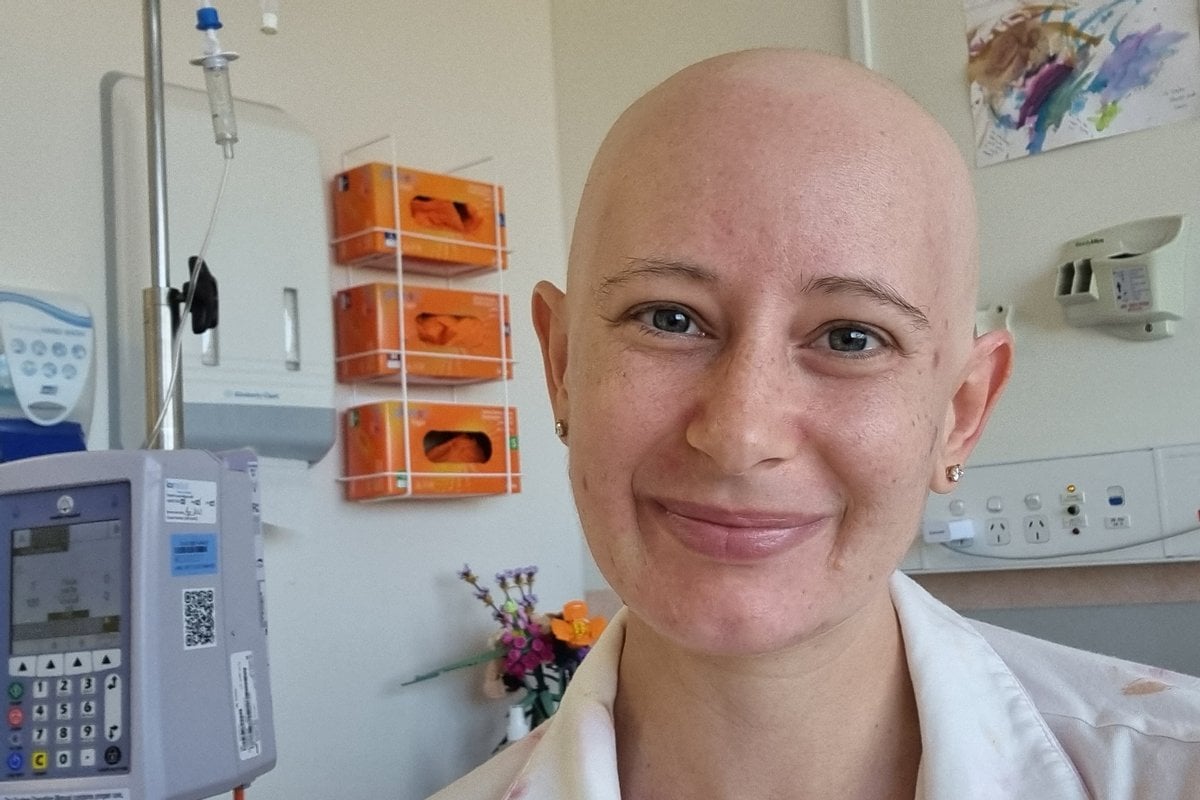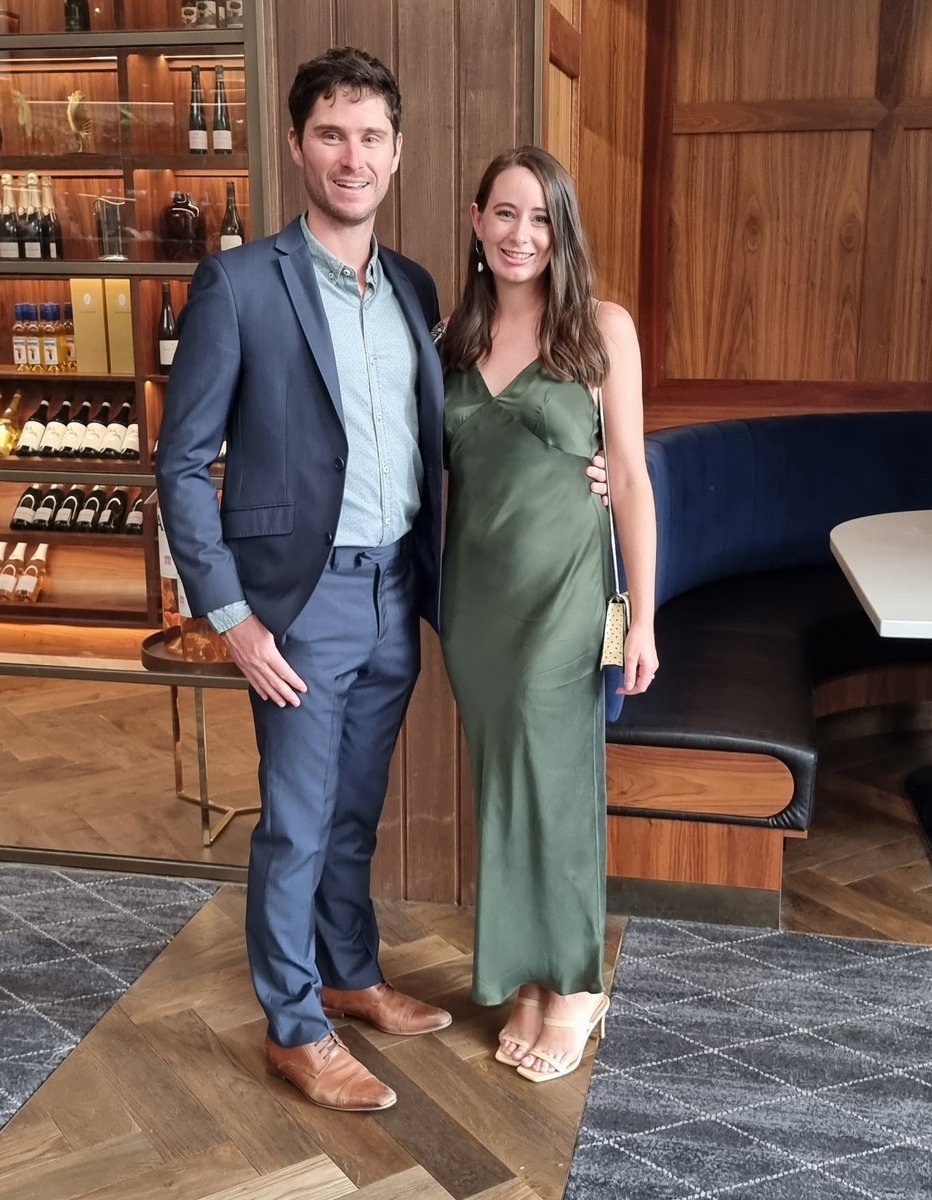
This story deals with miscarriage and loss and could be distressing for some readers.
When Nikiya and Dave discovered they were pregnant shortly before lockdown in 2020, the Wollongong couple of 15 years were thrilled. Their joy was short-lived however when Nikiya discovered at 11 weeks she had experienced a missed miscarriage.
"It was a really difficult time," Nikiya tells Mamamia.
"But by listening and reading the stories of other women, I realised I wasn't alone in my grief."
Watch the trailer for new Channel 9 show Big Miracles. Post continues below.
Nikiya said that this pregnancy loss cemented their desire to have children, but after another 12 months of trying to conceive, the couple sought help from a fertility specialist.
"I underwent a lot of tests and it was frustrating to discover there wasn't anything obviously wrong, so they classed me as having 'unexplained infertility'. In August 2021, we began the IVF process, and it was really isolating going through it all during lockdown.


